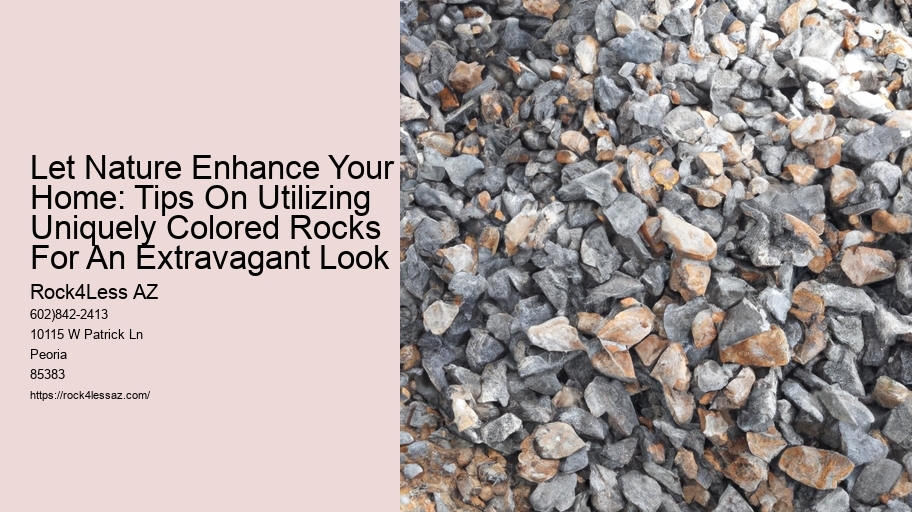In the world of landscaping, rocks are an integral element that can transform an outdoor space into a captivating oasis. From river rocks to granite, the options are diverse, each with their unique benefits.
These natural formations not only add aesthetic appeal but also serve practical purposes such as erosion control and water conservation. This article explores the various types of landscape rocks and their advantages, providing valuable insights for those seeking to enhance their outdoor environments.
Different Types of Landscape Rocks
When it comes to landscaping, there are various options to consider in terms of the different types of landscape rocks that can be used to enhance the overall aesthetic appeal of outdoor spaces.
One common type of landscape rock is river rock. River rocks are smooth, rounded stones that come in a range of sizes and colors. They are great for creating natural-looking pathways or for placing around water features to add a touch of elegance.
Another popular choice is pea gravel, which consists of small, rounded stones that are often used for creating decorative borders or covering soil areas.
Crushed granite is another option, known for its durability and versatility. It can be used for pathways, driveways, or as a base for other landscape features.
Advantages and Uses of Landscape Rocks
One of the key advantages of using landscape rocks is their ability to provide long-lasting and low-maintenance solutions for enhancing outdoor spaces.
Landscape rocks can be used in various ways to create beautiful and functional landscapes. They can be used to create pathways, borders, and retaining walls, adding structure and definition to the outdoor space.
Additionally, landscape rocks can be used to create focal points or accent features, adding visual interest and enhancing the overall aesthetics of the landscape.
Another advantage of using landscape rocks is their durability. They are resistant to weathering and erosion, making them a long-lasting option for outdoor use.
Furthermore, landscape rocks require minimal maintenance, as they do not require watering, mowing, or fertilizing like traditional grass or plantings. This makes them a convenient choice for busy homeowners who desire a low-maintenance outdoor space.
Learn the Secrets of Incorporating Natural Stones Into Your Garden Design
